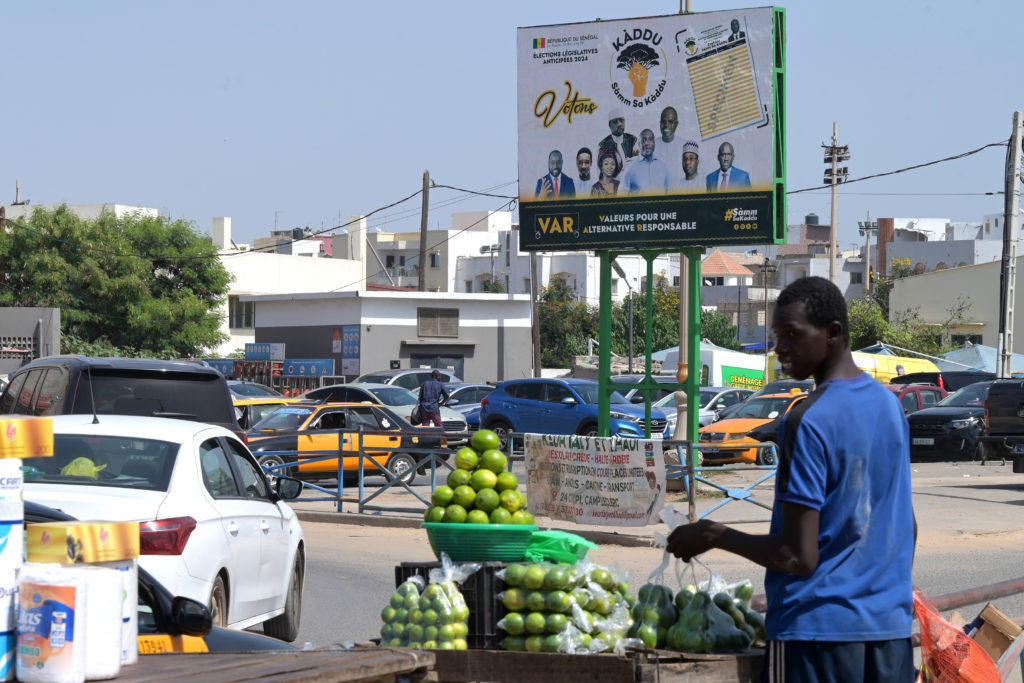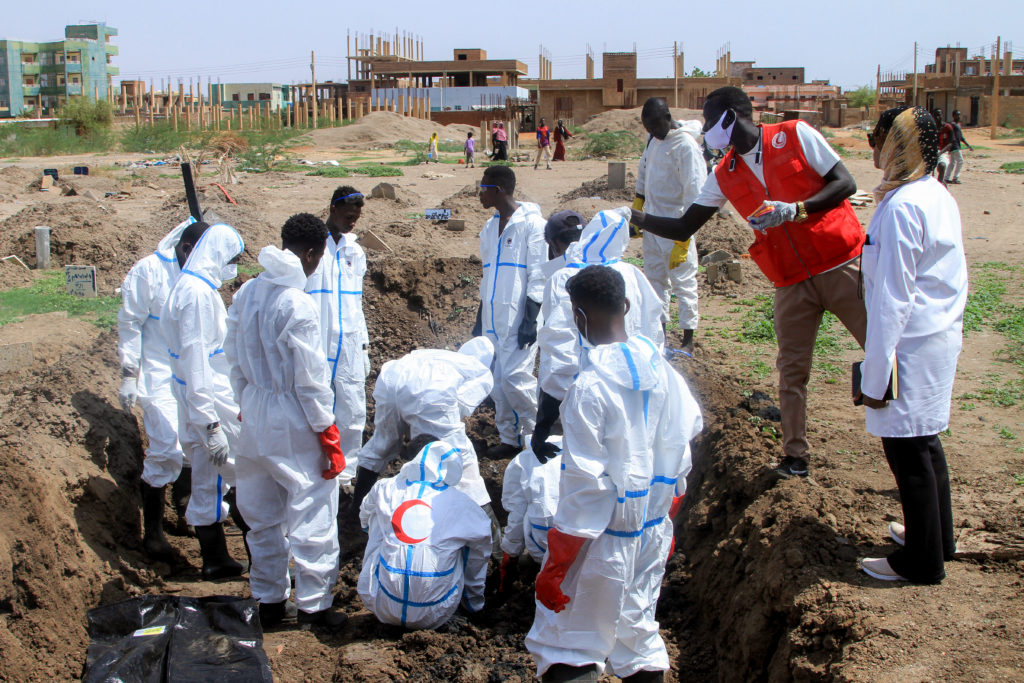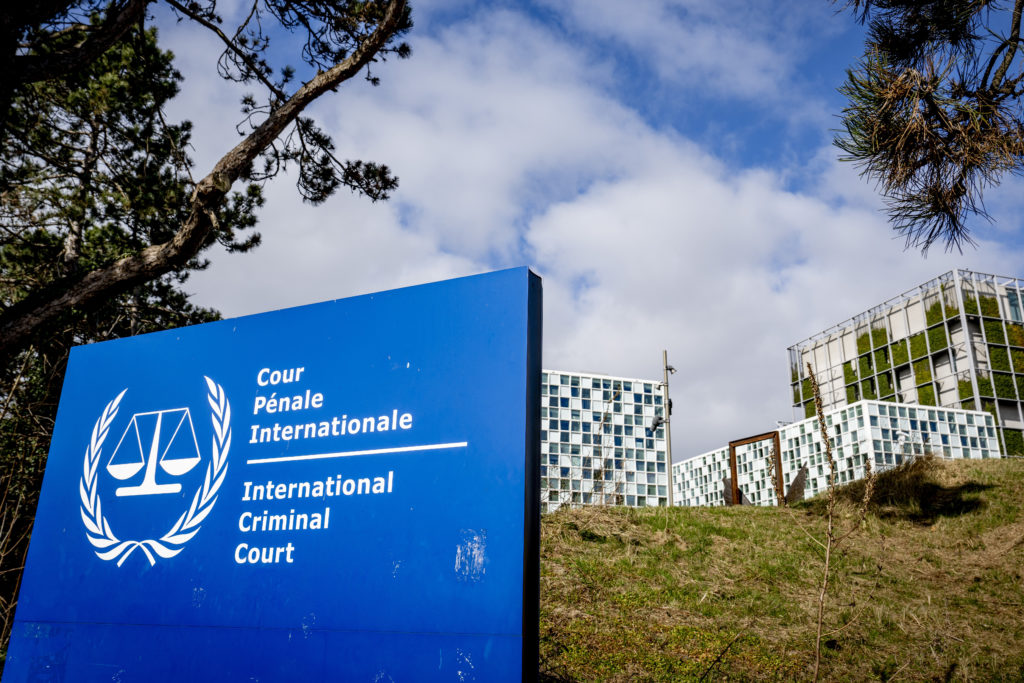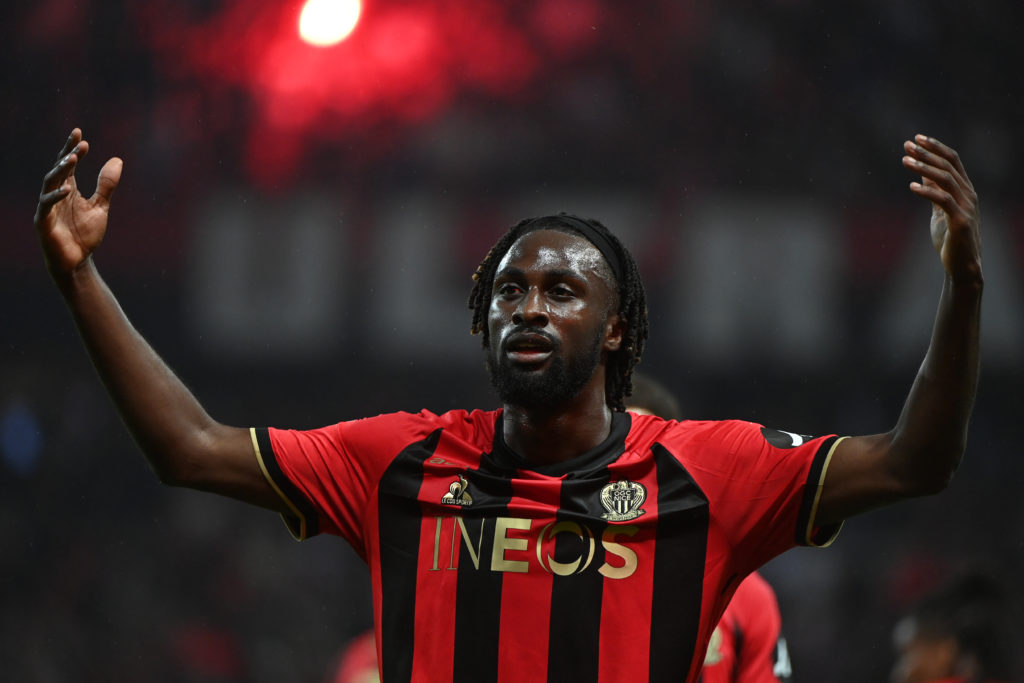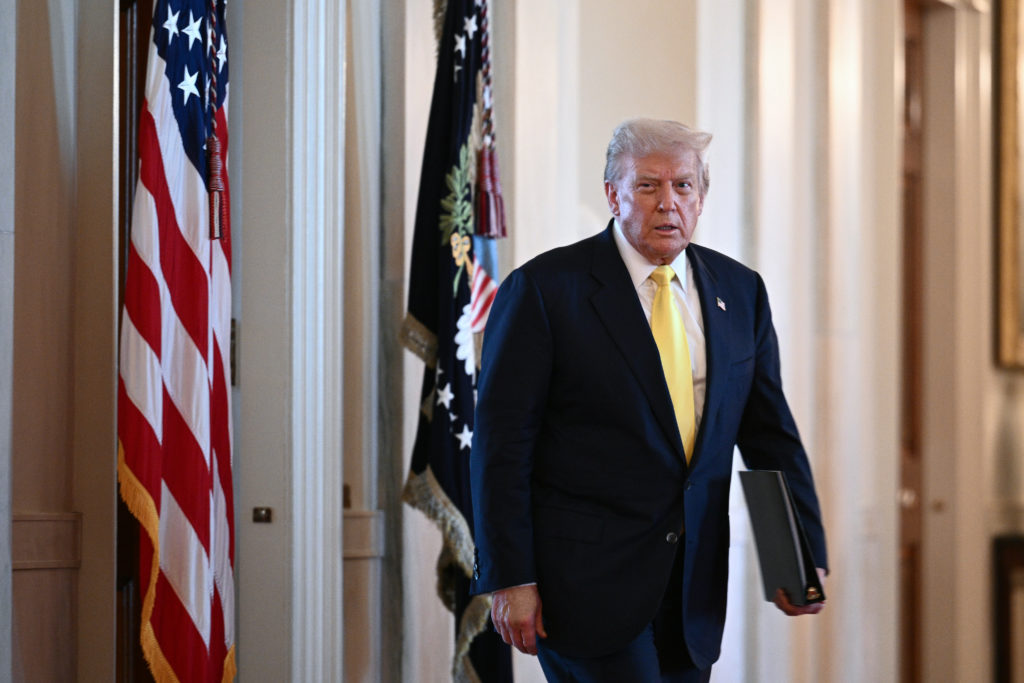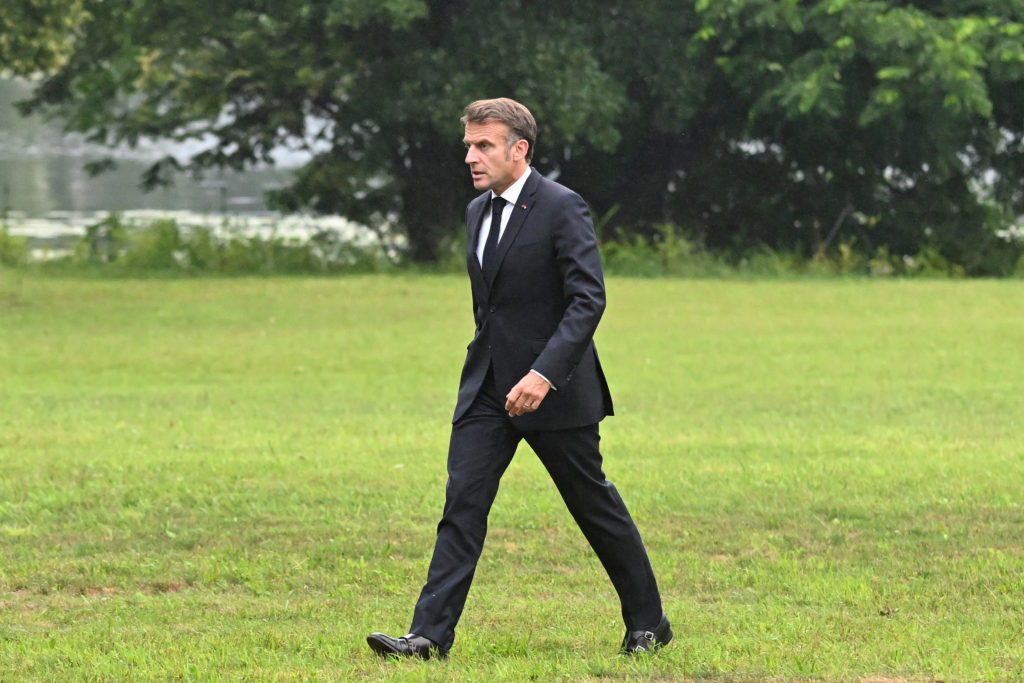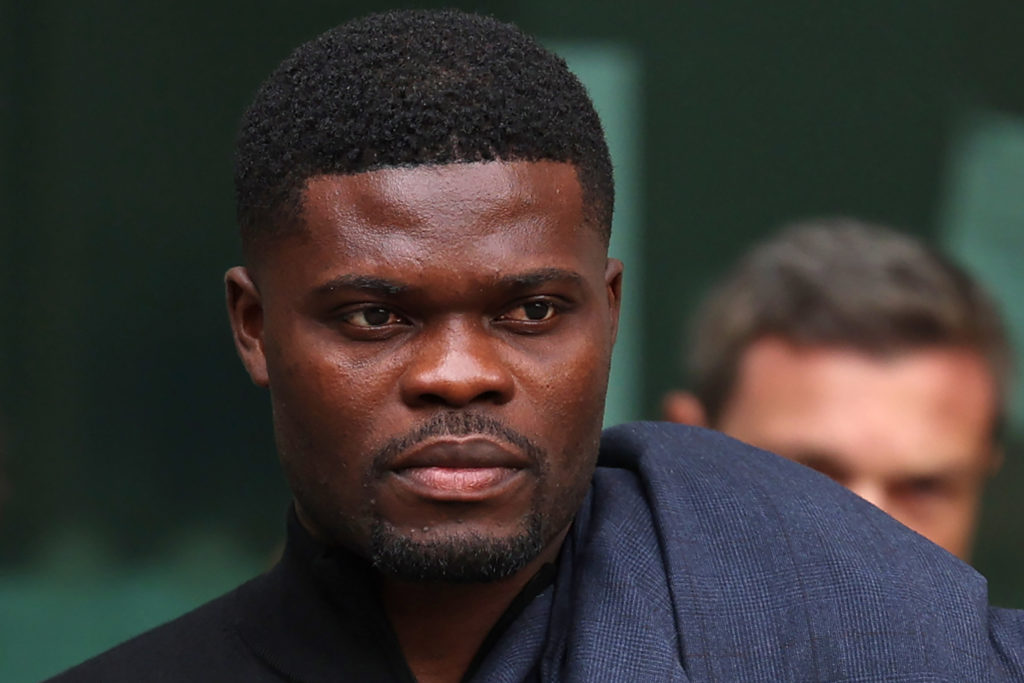Senegal will elect a new parliament Sunday, with the new leaders aiming for a clear majority to see through the promise of radical change that swept them to power eight months ago.Pledging economic transformation, social justice and a fight against corruption, President Bassirou Diomaye Faye won 54 percent of the vote in March and raised hopes among the largely youthful population in the West African country.Faye and his Prime Minister Ousmane Sonko must tackle slow economic growth and high inflation, deal with widespread unemployment and address the large number of young people risking their lives to reach Europe every year.The president paved the way for snap parliamentary elections when he dissolved the opposition-led national assembly in September.”The party in power is going to win the election because all the young people are with them”, said Mamoudou Soumare, a 24-year-old student, who also earns a small amount working on a construction site in a working-class district of the capital Dakar.But he said that since they won the presidential election, “they haven’t done a damn thing”.”After the legislative elections, there will be no more time to wait”, he said.”If they don’t do anything, in 2029, we’ll get rid of them”.- ‘For or against Sonko’ -Polling stations are to open for the roughly seven million registered voters on Sunday at 8:00 am (0800 GMT) and close at 6:00 pm.The single-round legislative vote will see party lists compete for 165 seats in the parliament, which had been marginally dominated by supporters of former president Macky Sall since 2022.Sall and his longtime political foe Sonko will go head to head as the lead candidates for their respective party lists.Sall, who is running his campaign from abroad, left power in April after a three-year political standoff with Sonko that led to dozens of deaths and hundreds of arrests.His last-minute delay to the 2024 presidential election sparked one of the worst crises in decades to hit Senegal, widely seen as a bastion of democracy in a coup-hit region.Opposition coalitions led by Dakar’s Mayor Barthelemy Dias and former prime minister and presidential runner-up Amadou Ba also dominate the competition for Sunday’s vote.The campaign has been marred by clashes between backers of the governing Pastef party and the opposition, with Sonko calling for vengeance after what he described as attacks on his supporters.”The issue (of the election) is for or against Ousmane Sonko,” said El Hadji Mamadou Mbaye, a political science lecturer and researcher at the University of Saint-Louis.”To change the country, we need strong measures and for that we need a majority to pass laws… People understand that we need to give them a majority to evaluate them”, he told AFP.- Political bickering -But for Martine Diouf, a 40-year-old cleaner in Dakar who struggles to feed her six children, Sonko is not the answer.Motorbike taxi driver Iba Ka also said he felt the government had done nothing for him in the city of Matam in northeastern Senegal, which has been devastated by recent flooding. Since taking office, the authorities have lowered the price of household goods such as rice, oil and sugar and launched a series of audits. In October, they presented an ambitious 25-year development plan aimed at transforming the economy and public policy. The opposition has accused the new government of inaction, amateurism and a desire to settle scores with the previous administration.Sonko has repeatedly suggested that previous leaders, including Sall, could be brought before the courts over the turmoil of recent years and their handling of public accounts. “I would have preferred the political parties, instead of bickering left and right, to talk to us about the problems of the Senegalese people”, said Malick Fall, a shopkeeper in his fifties.”The high cost of living, rent, youth employability, health too.
Because we are in the 21st century, a Senegalese person who is ill should no longer have to pay for treatment,” he said.
Wed, 13 Nov 2024 06:43:03 GMT

